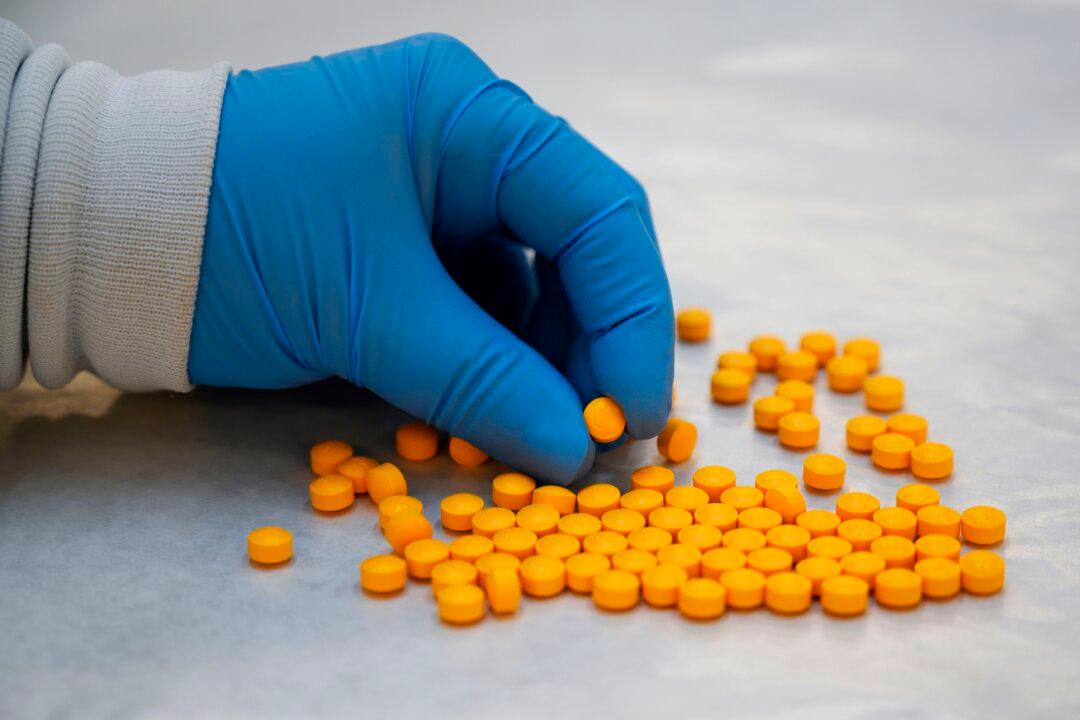A bipartisan working group to address China’s role in the fentanyl epidemic has been established by the House Select Committee on the Chinese Communist Party (CCP).
The Fentanyl Policy Working Group, announced by the panel on June 20, will be in charge of creating legislation and raising public awareness through committee events to expose the CCP’s role in the fentanyl crisis in the United States and combat the threat.




